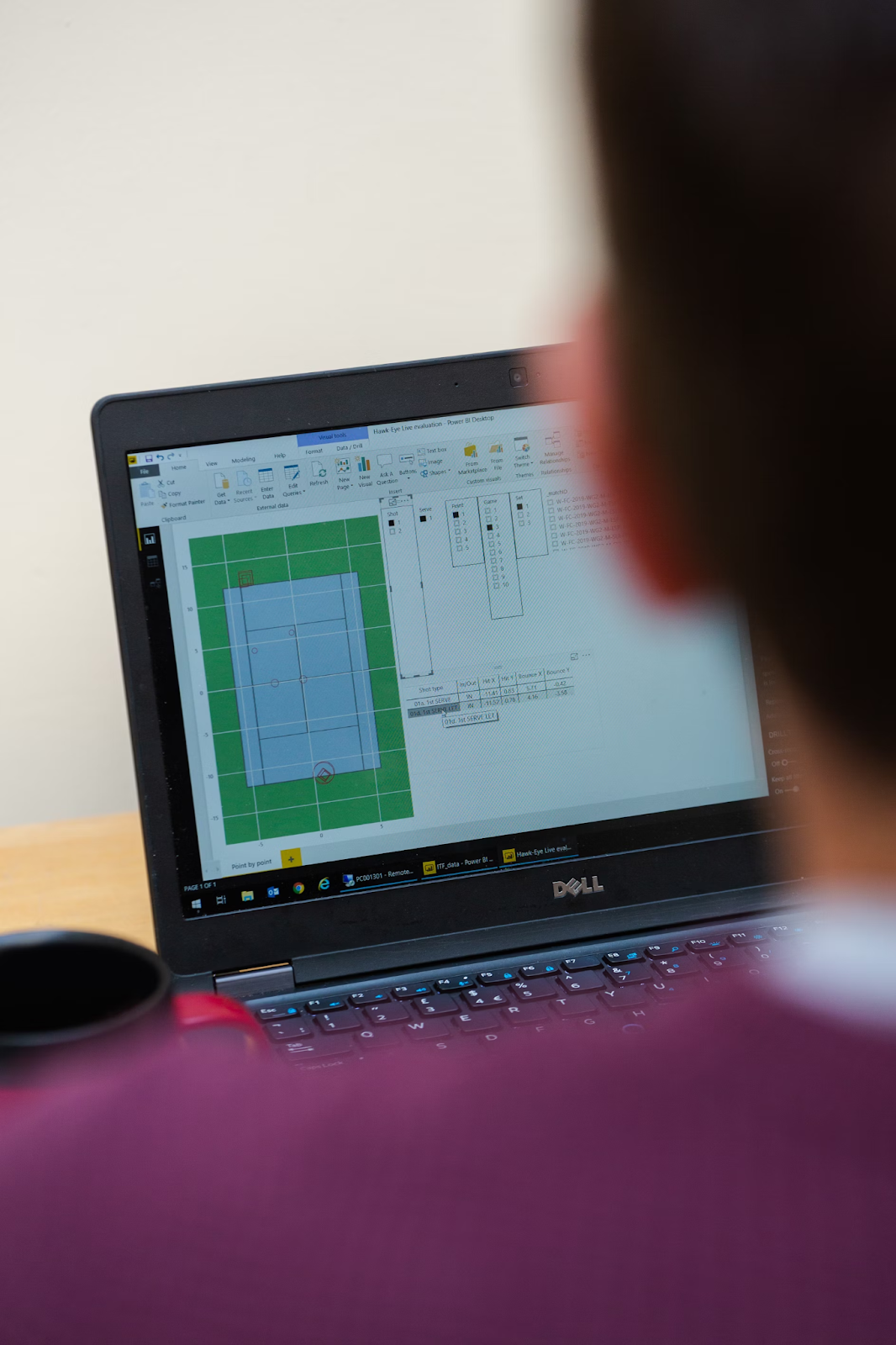How to Begin Your Career as a Cybersecurity Developer
Cybersecurity developers are really in demand these days and little wonder with the general increase in the number of cyberattacks and hacking attempts taking place all over the world. The need for safe, secure software to tackle threats - not to mention the ability to stay ahead of the game are two important factors to consider if you're thinking about taking on a role in this industry.
Let's take a look at how to begin your career as a cybersecurity developer.
What does it take to be a cybersecurity developer?
First and foremost it takes a creative person - and a forward thinker. Someone who can think about the cybersecurity threats that are happening now and see how they might develop in the future.
You need to be someone who can operate under the pressure of deadlines - sometimes quite tight and stressful, especially in situations where you could be dealing with an ongoing security threat.
One of the major challenges for cybersecurity software developers are factors such as making sure all the software is functional and secure - and looking at the different elements of Software Composition Analysis to see how they can be adapted and altered to deal with ongoing threats.
Some security controls can affect the experience of a product user, so cybersecurity developers have to work in conjunction with software engineers and product developers to finely balance everything.
How to get ahead as a cybersecurity developer
It's best to have a strong background in technology. You'll need a great interest in cybersecurity and of course, computer programming. Training for these sorts of roles is becoming increasingly prevalent in colleges and universities - and you might start with gaining some experience in software development or software engineering.
On-the-job experience in dealing with cybersecurity threats is a key part of career development in this industry - as it gives you the chance to gain first-hand experience of how these threats unfold and how best to respond to them in any given situation. A good grounding in tackling cybersecurity threats becomes invaluable when trying to look for product development solutions - and on-the-spot fixes in emergencies. The best way of doing this is to get internships with corporate cybersecurity departments, and consultants whilst you train at college.
Understanding various aspects of development is crucial for cybersecurity developers. One often overlooked but significant area is Electronic Data Interchange (EDI), which can interplay with cybersecurity in scenarios involving secure data transactions between different systems. Gaining insight into understanding EDI can equip developers with the knowledge of what currently works in EDI services and what challenges are typically faced. This comprehension aids in crafting more secure software architectures that integrate smoothly with EDI processes, enhancing overall security and efficiency.
Being a team player is essential - in some circumstances, you'll be working alone, but the ability to work as a team means great communication and collaboration skills are a must. Once you're qualified, it's a great idea to build up a professional network, and establish a great reputation as a team player - so that companies in need of cybersecurity solutions will feel they can trust you.
Cybersecurity developer skills and knowledge
These days a bachelor's degree in computer science or something related like computer engineering, computer networking, electrical engineering, or mathematics is a great first port of call. It helps if you have an interest in software engineering or development - and experience with coding is required, more often than not.
It helps to get as much prior experience in the cybersecurity field as you can, whether that's whilst you train, or just working your way up through the ranks of a software team.
Cybersecurity software development and security often means working in tandem with other software development teams to provide:
- specifications
- testing
- design of software components
To make them as secure as possible, having some knowledge in other areas of software production and design is essential, so you know how other developers operate and how they think too.
Communicating clearly with other teams of designers and developers to talk them through the best design choices to combat threats and future-proof their software is an important part of the job.
Sometimes you may also be tasked with building new security software products from the ground upwards meaning that you'll need an interest in design too.
These are just a few of the skills to think about if you're interested in getting ahead in cybersecurity.
